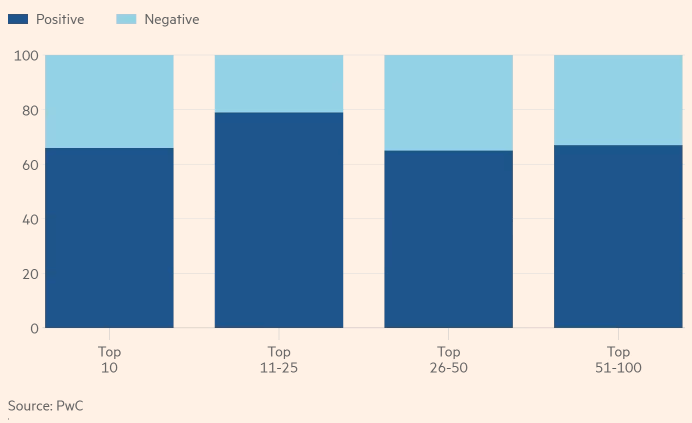In the legal industry, the traditional hourly billing model is facing challenges. With the rapid development of generative artificial intelligence, many lawyers are optimistic about the impact of this new technology, believing it can enhance work efficiency and assist in tasks such as document drafting and contract review. However, there are also concerns that the widespread use of AI could undermine their competitive advantages, especially for large law firms that rely on junior staff to handle complex cases, leading to an uncertain future.

Image source: Picture generated by AI, provided by Midjourney
A survey conducted by PwC shows that about one-third of UK law firms believe that generative AI could have a negative impact on their profits and profit margins. This is because the application of AI might reduce the workload of junior staff, who are often a major source of a firm's profits. The salary gap between junior lawyers and partners is already significant, and if AI can handle more basic tasks, the profit margins of law firms could be further squeezed.
In this context, many law firms may consider adjusting their billing models. Fixed fees could become more common, although hourly billing might still be used for the most complex cases. Many clients hope to see cost savings brought by AI, so firms may need to adjust their pricing structures to respond to market changes.
Meanwhile, providers of legal AI tools will benefit, especially those companies that can train efficient models. For example, Thomson Reuters and Relx have made significant investments in AI-assisted legal research. Relx has spent over $1 billion in the past decade developing tools, and recently has seen AI as a major driver of growth in its legal department, with an expected growth rate of nearly 7% this year.

Of course, not everyone is confident about AI. Researchers at Stanford University point out that custom legal AI tools can sometimes make mistakes, or even respond based on users' incorrect assumptions, which introduces unique risks in legal scenarios. This could make some conservative partners more cautious, but if they do not keep up with the times, the risks faced by law firms will also increase. Overall, the legal services industry seems to be facing a significant transformation, and firms that can adapt to new technologies may gain a competitive advantage in the future market.
Key Points:
🕒 Many lawyers are optimistic about the efficiency gains brought by AI but are concerned about its impact on traditional billing models.
💰 One-third of UK law firms believe generative AI could negatively affect profits.
🤖 Providers of legal AI tools will benefit, and law firms need to adjust their billing models to respond to market changes.









